Senegal
For years, residents of the small fishing town of Saint-Louis in Senegal have been struggling. Climate change, foreign industrial trawlers and the COVID-19 pandemic have made it hard to earn a living on the water.
When officials announced a new gas project off the coast in 2015, the community was hopeful it would bring new opportunities. Instead, many locals say, the gas has only brought a wave of problems and pushed people to desperation. That includes forcing some women to turn to prostitution to support their families, they told The Associated Press in interviews.
Four women who shared their stories said they started working as prostitutes because their husbands, all fishermen, could no longer make a living after the gas deal came to town and the rig restricted access to fertile fishing areas, known locally as diattara. The women all said they knew of several other women in the same position.
The women spoke on condition of anonymity because their families do not know what they do. Prostitution is legal in Senegal, but the women do not want to register, citing cultural shame.
For them, prostitution is faster and more reliable than working in a shop or restaurant — jobs that do not pay well and can be hard to find.
The deal — planned by a partnership among global gas and oil giants BP and Kosmos Energy, and Senegal and Mauritania’s state-owned oil companies — is expected to produce around 2.3 million tons of liquified natural gas a year, and Mauritania and trying to benefit the wider economy by locally sourcing products, developing the workforce and supporting sustainable development.
More than 3,000 jobs in some 350 local companies have been generated in Senegal and Mauritania, according to BP. The company also cited its work to renovate the maternity unit at the Saint-Louis hospital and its help of 1,000 patients with a mobile clinic operating in remote areas.
In a statement, Kosmos spokesman Thomas Golembeski, said the project will provide a source of low-cost natural gas and expand access to reliable, affordable, and cleaner energy. He also cited access to a micro-finance credit fund established for the fishing community.
“I pray that this ends, because it’s not what I want to do from the bottom of my heart. I do it for my children,” one mother said, her shoulders hunched and voice weary in a hotel room where she would not be seen by her husband or friends.
Traditionally, many women make a living processing fish, while the men catch it; sons, husbands and fathers spend weeks at sea. But with the restrictions, families could not feed their children or pay rent.
In some cases, families had to pull their children out of school or switch them from private to public schools where the teachers don't show up for days.
BP and Kosmos did not respond to questions about the women turning to prostitution.
They also did not respond to questions about whether they stood by their initial risk assessment of the project, which acknowledged in a 2019 environmental and social impact assessment that there were “a lot of uncertainties around the consequences for Saint-Louis fishermen” but still considered the intensity of the impact to be low.
The local government said people's concerns about the rig were overblown and that the community needs to be patient, at least until after production, which is expected to start by the end of this year.
Papa Samba Ba, the director of hydrocarbons for Senegal’s Petroleum and Energy Ministry, said the objective is that by 2035 half of all gas projects will go to local companies and services.
Local officials have acknowledged an increase in prostitution in Saint-Louis, but they attribute it to economic woes and widespread poverty in general — not directly to the gas project.
***AP***




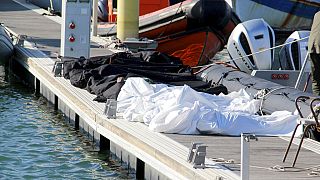



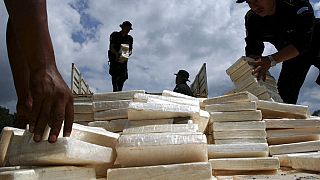
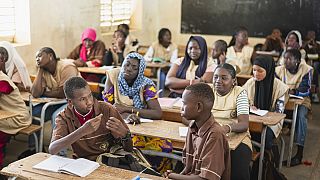

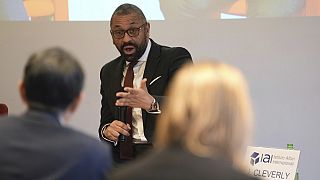
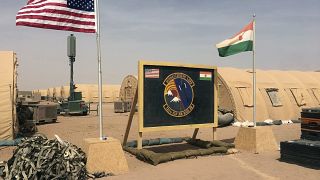
Go to video
5 African countries with the highest Schengen visa rejection rates
01:14
Senegal: President Diomaye Faye appoints Ousmane Sonko as prime minister
00:38
Senegal swears in former opposition figure Bassirou Diomaye Faye
01:22
Senegal: All you need to know about the April 2nd presidential inauguration
00:35
Senegal’s top court confirms Bassirou Diomaye Faye’s election victory
11:11
Senegal: Diomaye Faye's economic challenges [Business Africa]